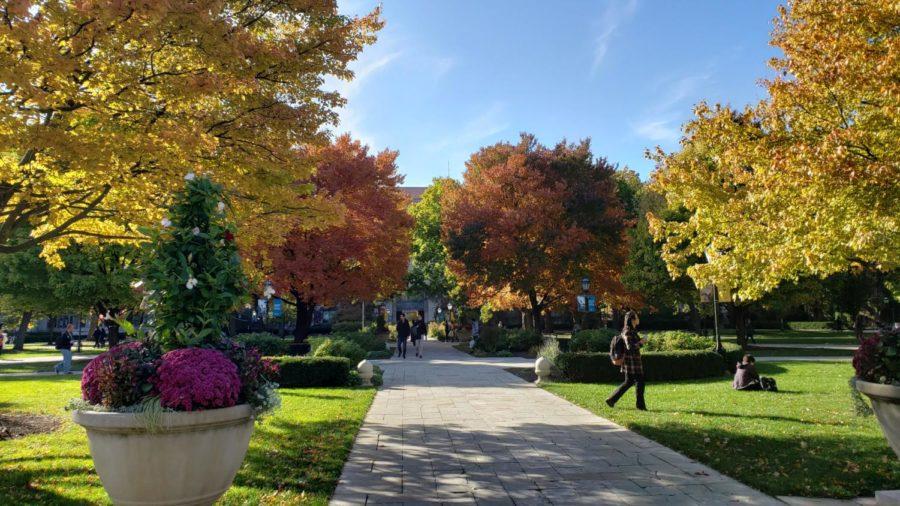College Council (CC) recommends an immediate return to a 10-week quarter, in a report sent to the University administration last week that puts undergraduate student satisfaction with the 2020–21 academic calendar at 38 percent. The report also advocates for the formation of a designated committee of faculty, administrators, and students from both undergraduate and graduate divisions to reevaluate the Report of the 2019 Committee to Review the Academic Calendar—sometimes colloquially referred to as the “Roth report”—that recommended the nine-week quarter. CC’s report also called for the formation of a Student Advocate Office that would review reported faculty violations of academic policy.
The 2019 Report was produced in response to a request from Dean of the College John Boyer and the Office of the Provost to review the rhythm and flow of the academic calendar, particularly its spring term end date, and suggest a set of changes. Besides the current nine-week quarter, the report also recommended a three-week September term, a week-long Thanksgiving break, and the conclusion of all coursework and exams by June 1 of each year. According to the report, the primary impetus for the nine-week change was the desire for increased student access to summer opportunities that begin in June.
While the changes to the academic calendar were originally set to take effect in autumn 2021, some elements of the report were instead implemented in spring 2020, in response to the COVID-19 pandemic.
According to third-year Allen Abbott, a CC representative, the council brought up the academic calendar in meetings with administration as early as December 2020, when it was announced that College Break Day had been eliminated. CC pushed for College Break Day to be reinstated, but were ultimately unsuccessful.
“It came to a head in a mid-February meeting with [Dean of Students Michele Rasmussen] and [Assistant Vice President for Student Life Michael Hayes] who told us that it would be helpful to have a concise report of undergraduate concerns with regard to the calendar,” Abbott said.
While the altered academic calendar affects both undergraduate and graduate students, Abbott feels that only graduate students received adequate representation on the committee that produced the 2019 Report.
“It’s my personal assessment that [undergraduate] student stakeholders were fairly left out of the original Roth report,” said Abbott. “The only undergraduates who were formally consulted were about a dozen students in the Maroon Key Society and the two graduating seniors who were on the [2019 Report] committee.” The Maroon Key Society is the College’s honorary society. Its members are nominated by faculty members and often advise the administration on matters pertaining to student life and welfare.
In March, CC surveyed 808 students about the academic calendar. The results indicated overwhelming dissatisfaction with the revised 2020–21 academic calendar. Only 11 percent of respondents felt that shorter quarters are an acceptable tradeoff for increased internship access, the original selling point of the 2019 Report’s recommendations.
“I can’t think of a single aspect of the new academic calendar that more than 30 percent of students feel positively or strongly positively about, with the exception of the new weeklong Thanksgiving break,” said Abbott.
Despite the recommendation of the CC report for an immediate reversion to the 10-week quarters, administrators have shown no indication of changing course. Rasmussen said in a CC meeting Tuesday that “all signs point to the [modified calendar] going fully into place in the coming academic year.” Regardless, Abbott said that over the coming months CC will meet with Provost Ka Yee Lee and incoming University President Paul Alivisatos to push for future reforms.









